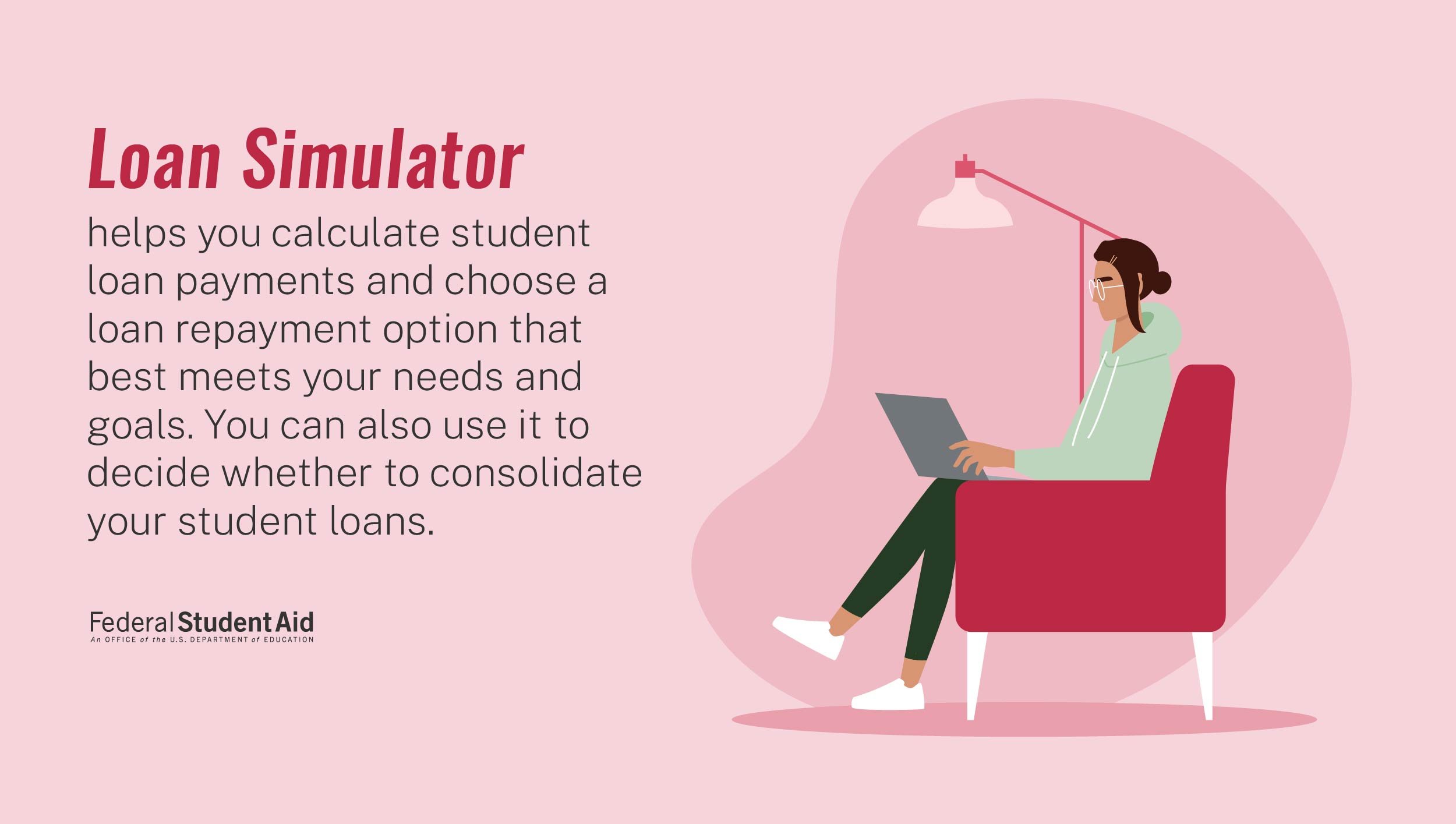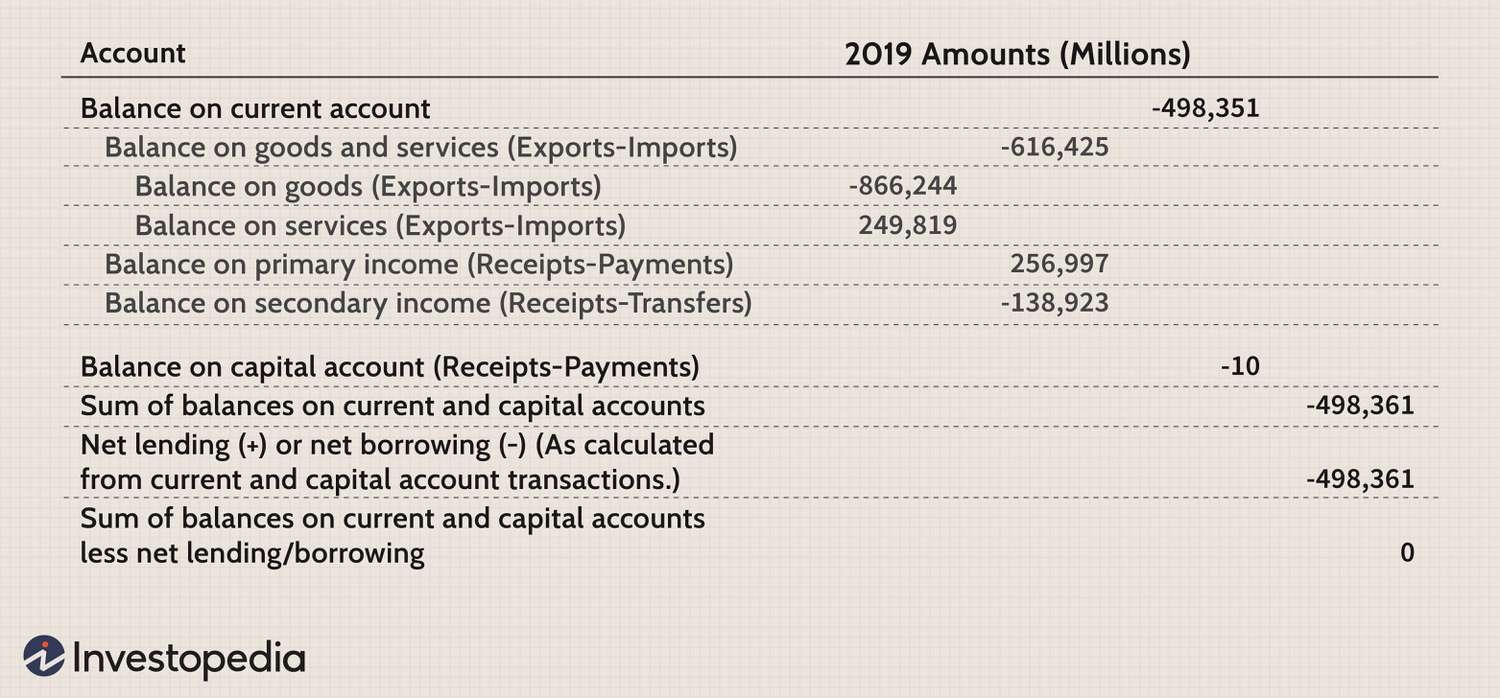Choosing the best type of student loan for your needs can be overwhelming. With a plethora of options available, finding the right fit requires careful consideration. But fret not! In this article, we’ll walk you through the process of selecting the ideal student loan that suits your specific requirements. From interest rates and repayment terms to loan forgiveness programs and flexible payment options, we’ve got you covered. So, whether you’re a recent high school graduate eager to embark on your educational journey or a seasoned professional seeking to enhance your skills, we’ve got the insights you need to make an informed decision. Let’s dive in!
Choosing the Best Type of Student Loan for Your Needs
When it comes to financing your college education, student loans are often a necessary step. With so many options available, it can be overwhelming to decide which type of student loan is best for you. In this guide, we’ll walk you through the process of choosing the best type of student loan that suits your needs.
Understanding the Different Types of Student Loans
Before diving into the specific types of student loans, it’s important to understand that there are two main categories: federal student loans and private student loans. Federal student loans are offered by the government and typically have more flexible repayment options, while private student loans are provided by banks, credit unions, and other financial institutions.
Federal Student Loans
Federal student loans are generally the best option for most students due to their lower interest rates and more favorable repayment terms. Here are the main types of federal student loans:
- Direct Subsidized Loans: These loans are available to undergraduate students with demonstrated financial need. The government pays the interest on the loan while the student is in school, during the grace period, and during deferment periods.
- Direct Unsubsidized Loans: Unlike subsidized loans, unsubsidized loans are available to both undergraduate and graduate students. However, students are responsible for paying the interest throughout the life of the loan.
- Direct PLUS Loans: These loans are available to graduate students and parents of dependent undergraduate students. PLUS loans have higher interest rates and require a credit check.
- Perkins Loans: Perkins loans are need-based loans for undergraduate and graduate students with exceptional financial need. Unfortunately, the Perkins Loan Program expired in September 2017, but some institutions may still offer this type of loan.
Private Student Loans
If federal student loans don’t cover all of your education expenses, private student loans can help bridge the gap. Here are some important details about private student loans:
- Eligibility: Private student loans often require a good credit score and a stable source of income. If you don’t meet these criteria, you may need a cosigner, such as a parent or guardian.
- Interest Rates: Private student loans typically have higher interest rates compared to federal student loans. It’s important to shop around and compare different lenders to find the best rates.
- Repayment Terms: Private student loans may offer various repayment options, such as immediate repayment, interest-only payments, or deferred repayment while you’re in school. Review these options carefully to choose the best fit for your situation.
Determining Your Loan Needs
Before choosing a student loan, it’s essential to assess your financial situation and determine how much you need to borrow. Here are some factors to consider:
Evaluate the Cost of Attendance
Research the costs associated with your chosen college or university, including tuition, fees, room and board, textbooks, and other educational expenses. This will help you calculate how much financial assistance you require.
Consider Scholarships, Grants, and Work-Study Programs
Prioritize applying for scholarships and grants, as they do not require repayment. Additionally, consider work-study programs that can provide you with part-time employment opportunities on campus.
Estimate Your Future Earning Potential
Research the earning potential for your chosen career field. This will allow you to gauge how manageable loan repayment will be after graduation.
Comparing Loan Terms and Interest Rates
When evaluating different student loan options, it’s crucial to compare the terms and interest rates offered by various lenders. Here are some key factors to consider:
Interest Rates
Interest rates can significantly impact the total amount you’ll repay over the life of your loan. Always aim for the lowest interest rate possible. Remember that federal student loans generally have lower interest rates compared to private loans.
Fixed vs. Variable Interest Rates
Fixed interest rates remain the same throughout the life of the loan, providing stability and predictability. On the other hand, variable interest rates can fluctuate over time, potentially increasing your repayment amount.
Repayment Options
Federal student loans offer more flexibility when it comes to repayment options. They often provide income-driven repayment plans, loan forgiveness programs, and deferment or forbearance options. Private loans may have fewer repayment options available, so carefully review what each lender provides.
Exploring Repayment Assistance Programs
Repayment assistance programs can significantly impact your ability to repay student loans. Here are some common programs to explore:
Loan Forgiveness Programs
Loan forgiveness programs can provide relief by canceling a certain portion of your loan, typically in exchange for working in a specific field or for a qualifying employer. For example, the Public Service Loan Forgiveness (PSLF) program forgives federal student loan balances after 120 qualifying payments while working for a qualifying employer.
Income-Driven Repayment Plans
Income-driven repayment plans adjust your monthly payments based on your income and family size. These plans can be a great option if you expect your income to be lower initially after graduation.
Deferment and Forbearance
If you’re facing financial hardship, deferment or forbearance allows you to temporarily pause or reduce your loan payments. Federal student loans often offer more lenient options for deferment or forbearance compared to private loans.
Applying for Student Loans
After evaluating your loan needs and comparing options, the next step is to apply for student loans. Here are the general steps involved:
Complete the Free Application for Federal Student Aid (FAFSA)
To be considered for federal student loans, grants, and work-study programs, complete the FAFSA. This form helps determine your eligibility for financial aid and is typically available starting October 1st for the following academic year.
Research and Apply for Private Student Loans
When exploring private student loans, research multiple lenders and compare their terms, interest rates, and repayment options. Once you’ve chosen the most suitable lender, complete their application process.
Review and Accept Loan Offers
After applying for both federal and private loans, you’ll receive loan offers detailing the amount you’re eligible to borrow. Carefully review the terms and conditions of each loan before accepting and finalizing your borrowing decision.
Choosing the right student loan is a significant decision that will impact your financial future. By understanding the different types of student loans, assessing your financial needs, comparing loan terms and interest rates, exploring repayment assistance programs, and applying for loans wisely, you can select the best student loan option for your needs. Remember to borrow responsibly and consider the long-term implications of your loan choices as you pursue your educational goals.
EVERYTHING You Need to Know to Pick The Perfect Student Loan For You
Frequently Asked Questions
Frequently Asked Questions (FAQs)
What factors should I consider when choosing the best type of student loan for my needs?
When selecting the best student loan for your needs, it’s important to consider the interest rate, repayment terms, repayment options, loan forgiveness programs, and the overall cost of the loan.
How do I determine my eligibility for different types of student loans?
Eligibility for student loans varies depending on factors such as your credit score, financial need, and enrollment status. Federal student loans do not require a credit check, while private student loans may have stricter eligibility requirements.
What is the difference between federal and private student loans?
Federal student loans are funded by the government and offer benefits such as fixed interest rates, income-driven repayment plans, and loan forgiveness options. Private student loans are offered by banks and lenders, usually with variable interest rates and fewer repayment options.
Are there any alternatives to student loans?
Yes, there are alternative options to student loans, such as scholarships, grants, work-study programs, and tuition reimbursement from employers. Exploring these alternatives can help reduce the need for borrowing or lower the overall loan amount.
How do I compare interest rates and repayment terms between different student loan options?
When comparing interest rates and repayment terms, you can review the loan offers from different lenders. Calculate the total amount you will repay over the life of the loan, including interest, and consider the monthly payment amounts and any potential penalties or fees.
What are the benefits of federal student loans?
Federal student loans offer benefits such as fixed interest rates, income-driven repayment plans, deferment or forbearance options, and potential loan forgiveness programs. These features provide more flexibility and protection for borrowers compared to private student loans.
Should I prioritize paying off my student loans early?
While it’s important to manage your student loan debt responsibly, it’s not always necessary to prioritize paying them off early. Consider other financial goals, such as building an emergency fund or saving for retirement, and determine the best balance between loan repayment and other financial priorities.
Can I refinance or consolidate my student loans?
Yes, refinancing or consolidating your student loans can be an option to consider. This process involves combining multiple loans into one, potentially with a lower interest rate and simplified repayment terms. However, be sure to weigh the pros and cons before making a decision.
Final Thoughts
Choosing the best type of student loan for your needs is crucial in ensuring a successful academic journey. With various options available, it is essential to carefully assess each one to make an informed decision. Consider factors such as interest rates, repayment options, and flexibility. Research and compare different loan providers, analyzing their terms and conditions. Seek guidance from financial advisors or experts in the field. By taking the time to evaluate your options, you can select a student loan that aligns with your financial goals and helps you achieve your educational aspirations.



